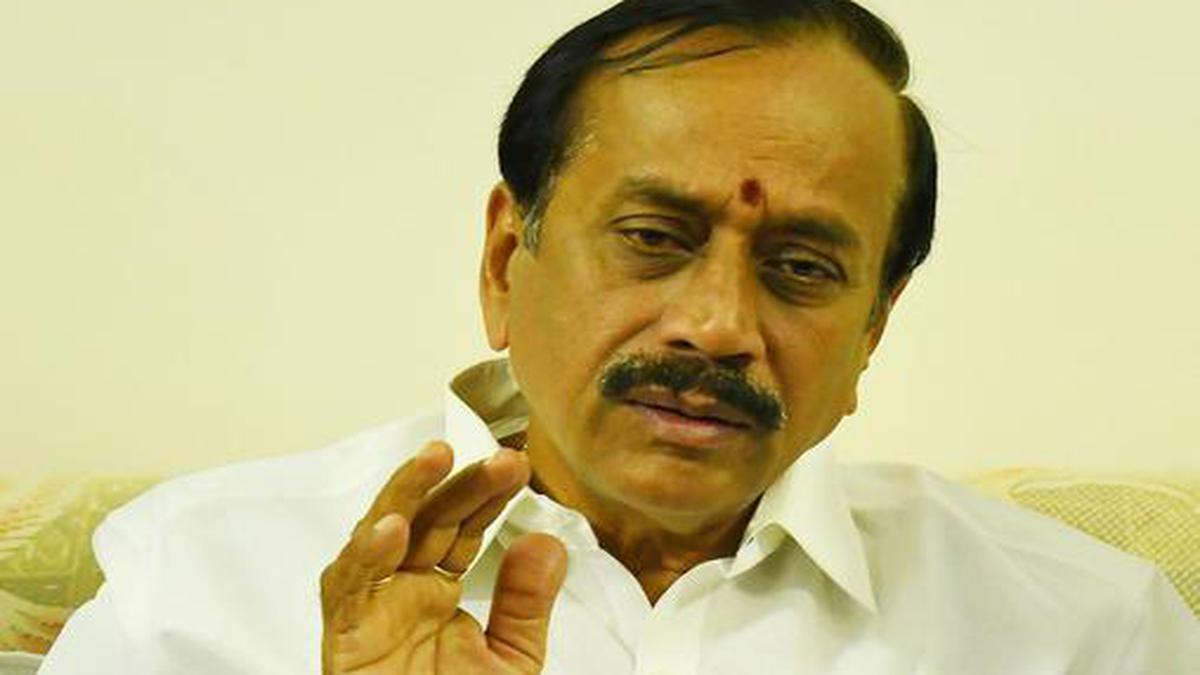In a response to the recent report submitted by the One-Man Committee led by retired Madras High Court judge Justice K. Chandru, BJP leader H. Raja called for its rejection by the Tamil Nadu government. The report, which recommends prohibiting students from wearing caste-related coloured wristbands, rings, or forehead markings, was labelled as targeting Hindus, particularly because it suggested doing away with tilak for school students. A detailed analysis of the report can be read at CJP.
Justice Chandru’s committee was established following a brutal assault on Scheduled Caste (SC) schoolchildren by their intermediate caste classmates in Nanguneri, Tirunelveli district, in August 2023. The committee’s recommendations aimed to curb caste-based discrimination and violence in schools.
As reported by the Hindu, speaking at the BJP core committee meeting in Chennai, Mr. Raja contended, “The report by Mr. Chandru is controversial as it is targeted at Hindus. How could the report object to tilak? The State government should reject the report in its entirety.”
Contradictions in approach: Hijab ban in Karnataka
This reaction from BJP leaders comes against the backdrop of the party’s stance on other issues of identity and discrimination. Notably, the BJP-led government in Karnataka imposed a ban on hijabs in educational institutions in 2022. The move sparked widespread protests and debates about religious freedom and discrimination against Muslim students. The Karnataka High Court upheld the ban, leading to further national and international scrutiny. The ban however, was lifted. A larger bench of the Supreme Court is now deciding the issue. A detailed analysis of the Hijab ban can be read at Sabrang India.
A call for consistency and inclusivity
The BJP’s resistance to Justice Chandru’s recommendations highlights a broader inconsistency in the party’s approach to discrimination and identity. While advocating for a ban on hijabs, which they argued was necessary for uniformity and secularism in schools, they simultaneously reject measures aimed at dismantling caste-based identifiers within Hindu communities.
This contradiction raises questions about the BJP’s commitment to truly inclusive and non-discriminatory policies. The party’s selective approach appears to perpetuate Hindu caste hierarchies while suppressing Muslim religious practices, exacerbating societal divides.
The debate around the report and the BJP’s response underscores the complexities of addressing identity and discrimination in India. As Tamil Nadu considers the recommendations to foster a more equitable educational environment, the challenge remains to ensure that policies are applied consistently across all communities, promoting true inclusivity and social justice.
Related:
A one-man committee paves the way for eradicating caste markers in Tamil Nadu’s schools
Educational inequities worsen for Muslim students in India
Does the State have the right to disrupt Muslim woman’s right to education?
Removing Hijab ban is a step forward, for gender justice & pluralism

